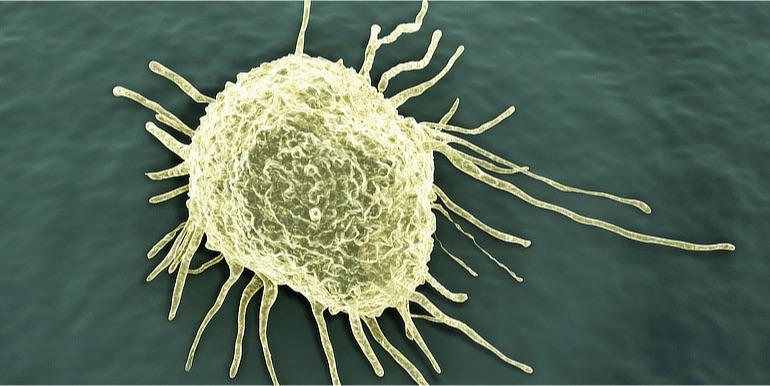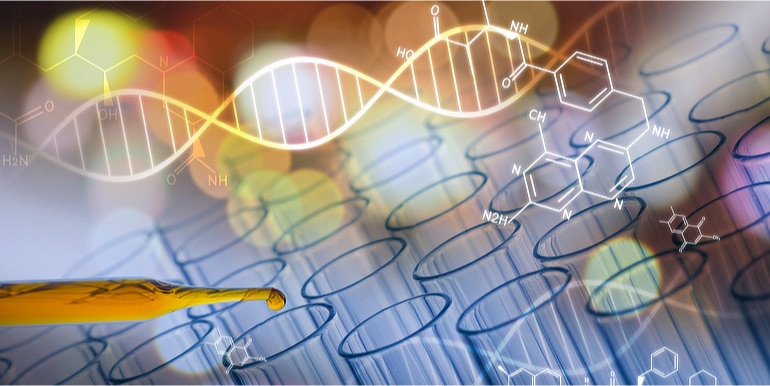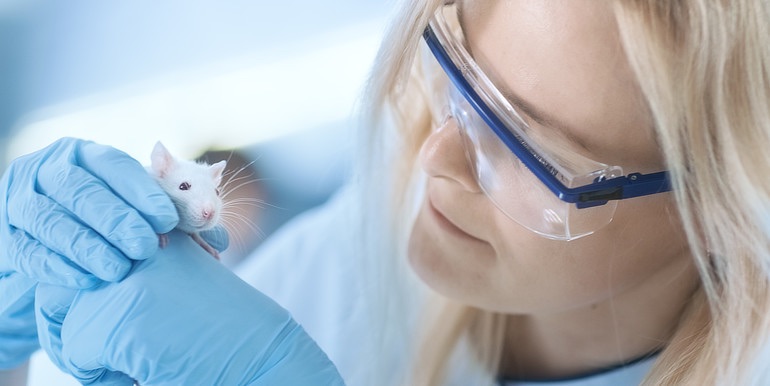Studies unpick why bowel cancers become resistant to treatment
13. 06. 2012 | Cancer Research UK
Bowel cancer cells develop resistance to new targeted cancer treatments by developing changes in a gene called KRAS, according to new research.

Image credit: depositphotos.com
The findings, published in two papers in the journal Nature, also suggest that these genetic faults can be detected in blood samples months before there are any physical signs that a tumour has started to grow again.
This raises the possibility that doctors could spot early on which patients need an additional drug to help curb this resistance.
Cetuximab and panitumumab work by blocking a protein called EGFR on cancer cells. This stops them from growing and dividing.
But the drugs only tend to work in patients who have tumours with normal versions of a second gene called KRAS, so a genetic test is used to identify these people before starting treatment.
In the first study, Professor Alberto Bardelli and colleagues at the Institute for Cancer Research and Treatment in Candiolo looked at how resistance developed in cetuximab-sensitive bowel cancer cells.
Genetic analysis revealed that resistant cells had all accumulated changes in their KRAS gene.
In a separate report, Dr Luis Diaz and colleagues at Johns Hopkins University looked at 28 patients with advanced bowel cancer who had been treated with panitumumab.
Twenty-four of the 28 patients in the study had normal KRAS genes in their tumours at the start of treatment. Nine of these patients (38 per cent) developed detectable faults in KRAS in their tumours after five to six months of treatment.
DNA from their tumours, bearing the mutated KRAS gene, was detectable in their blood.
The team then used a mathematical model to show that these genetic changes in KRAS occur in a very small fraction of tumour cells even before treatment starts.
"The probability that the mutations were absent at the beginning of treatment is exceedingly low," said Professor Bert Vogelstein, who led the study.
He added that he hoped the research will stimulate the testing of drug combination therapies much earlier in the drug approval process than the current norm.
Professor John Primrose, a Cancer Research UK expert from the University of Southampton, said: "One of the main obstacles to beating cancer is that tumours evolve resistance to therapy, and bowel cancer is no exception - even with the new generation of antibody treatments that block a protein called EGFR. Many patients initially respond to these drugs, but after several months their tumour stops responding to treatment.
"Together, these fascinating papers explain why. Crucially, they also show that a blood test could be devised for use in clinical practice to detect the early signs of resistance, well before there are physical signs of the cancer starting to grow again. This could allow doctors to start using additional treatments to try to delay or reverse this resistance."
He added that such research is vital to stay one step ahead of cancer.
Reference
- Misale S, Yaeger R, et al. Emergence of KRAS mutations and acquired resistance to anti-EGFR therapy in colorectal cancer. Nature 2012. doi: 10.1038/nature11156
- Diaz LA, Williams RT et al. The molecular evolution of acquired resistance to targeted EGFR blockade in colorectal cancers. Nature 2012. doi: 10.1038/nature11219
Keywords: bowel cancer, resistance, EGFR, KRAS, cetuximab, panitumumab



